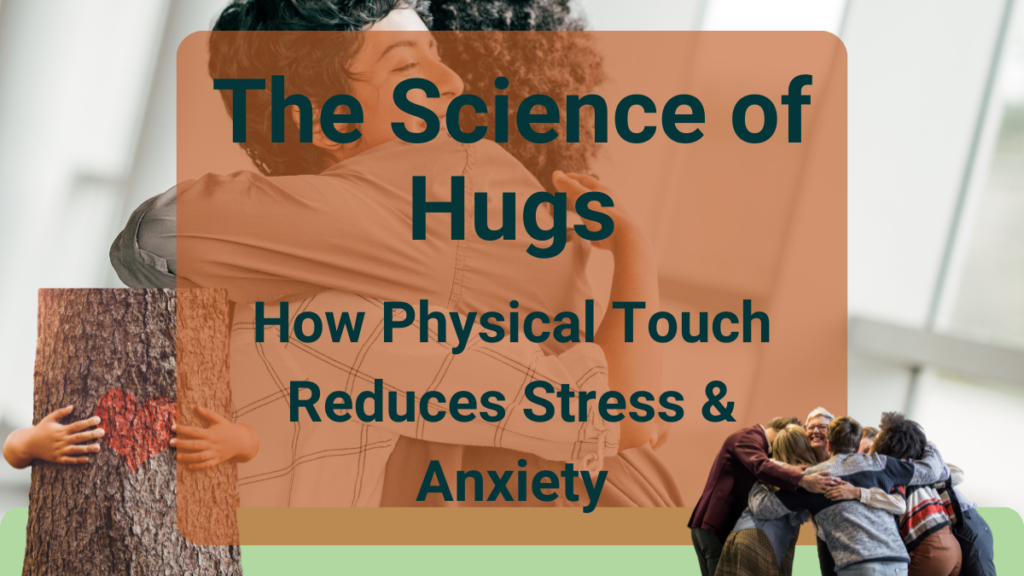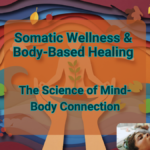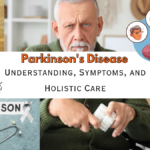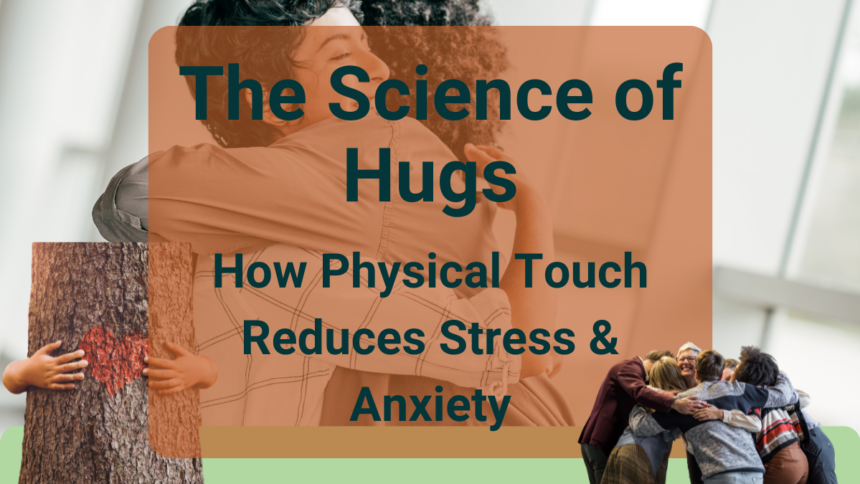Science of Hugs
Have you ever felt instantly better after a warm hug from a loved one? That comforting squeeze does more than just make you feel loved—it actually rewires your brain and body to reduce stress and anxiety. Hugs aren’t just a social nicety; they’re a powerful tool for emotional and physical well-being.
In this post, we’ll dive into the fascinating science behind hugs, how they affect our brains, and why human touch is so essential for mental health. Plus, we’ll share practical tips to incorporate more meaningful hugs into your daily life.

Why Hugs Feel So Good: The Brain Chemistry Behind It
When you hug someone, your body releases a cascade of feel-good chemicals that promote relaxation and happiness. Here’s what happens inside your brain:
1. Oxytocin: The “Love Hormone”
Oxytocin, often called the “cuddle hormone,” is released during physical touch, including hugs. This hormone strengthens emotional bonds, reduces stress, and even lowers blood pressure. Research from University of California, Berkeley shows that oxytocin fosters trust and social connection, making hugs a natural anxiety reliever.
2. Cortisol Reduction: Lowering Stress Hormones
Stress triggers cortisol, the hormone responsible for fight-or-flight responses. A study published in Psychological Science found that hugging reduces cortisol levels, helping you feel calmer and more secure.
3. Dopamine & Serotonin: Boosting Happiness
Hugs stimulate the release of dopamine (the “reward” chemical) and serotonin (a mood stabilizer). Low levels of these neurotransmitters are linked to depression and anxiety, making hugs a simple yet effective way to lift your spirits.
Video Credits
How Hugs Help with Stress & Anxiety
1. They Create a Sense of Safety
When you’re hugged, your brain receives signals of safety and comfort, which can counteract feelings of loneliness or anxiety. This is especially important for people with social anxiety or those going through tough times.
2. They Strengthen Relationships
Regular physical touch fosters deeper emotional connections, whether with a partner, family member, or friend. Strong social bonds are linked to lower stress levels and better mental health.
3. They Improve Heart Health
Believe it or not, hugs can be good for your heart—literally. Research from the University of North Carolina found that hugging lowers heart rate and blood pressure, reducing the risk of stress-related heart issues.
How to Get the Most Out of Hugs (Tips for Better Hugging)
Not all hugs are created equal. To maximize their stress-relieving benefits, try these tips:
1. Hold Hugs for at Least 20 Seconds
Studies suggest that a 20-second hug is optimal for oxytocin release. Short, quick hugs don’t have the same impact, so take your time!
2. Hug with Intention
A meaningful hug—where you truly embrace the other person—has more psychological benefits than a half-hearted pat on the back. Be present and let the hug linger.
3. Incorporate Hugs into Daily Life
- Greet loved ones with a hug instead of just a hello.
- Offer hugs when someone seems stressed or down.
- If you live alone, hugging a pet can also release oxytocin.
4. Respect Boundaries
Not everyone is comfortable with physical touch, so always ask for consent before hugging. A simple, “Would you like a hug?” ensures comfort for both parties.
What If You Don’t Have Someone to Hug?
If you’re feeling touch-deprived (a real condition called “skin hunger”), don’t worry—there are alternatives:
- Weighted blankets mimic the sensation of a hug.
- Self-massage or warm baths can provide soothing touch.
- Pets offer unconditional affection and physical comfort.
- Professional cuddle therapy is a growing field for those needing platonic touch.
Final Thoughts: Hug Your Way to Better Mental Health
Hugs are a simple, free, and powerful way to combat stress and anxiety. Whether it’s a quick squeeze from a friend or a long embrace from a loved one, physical touch has profound effects on our well-being.
So, the next time you feel overwhelmed, seek out a hug—or offer one. Your brain (and heart) will thank you.
What’s your experience with hugs? Do you notice a difference in your mood after a good hug? Share your thoughts in the comments!











